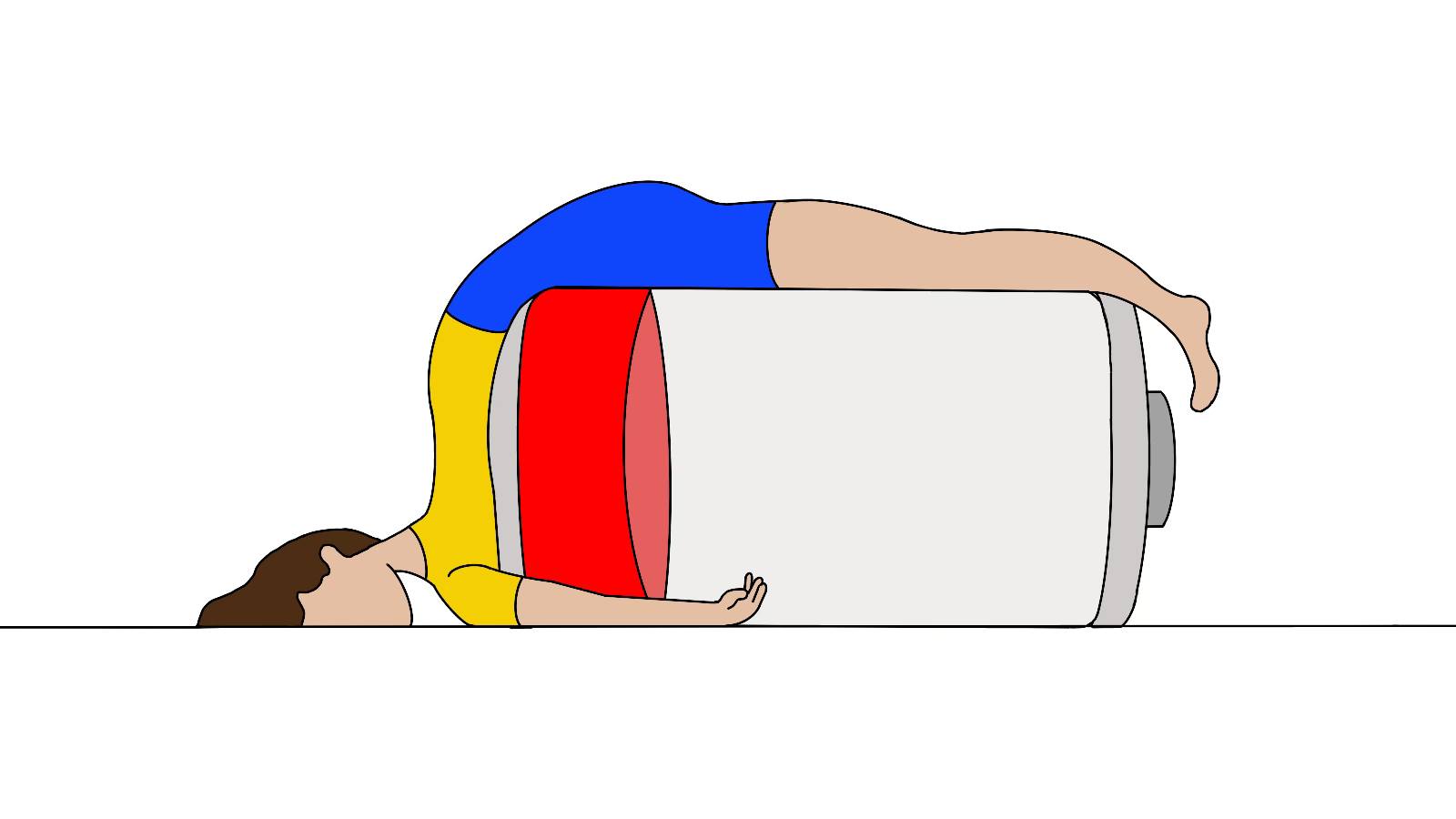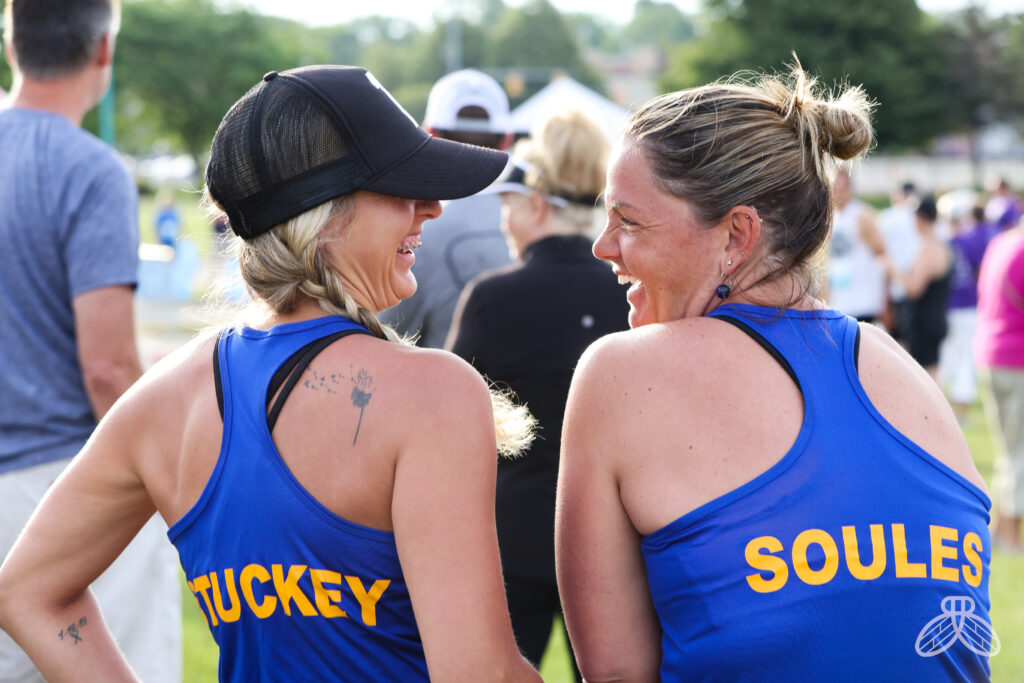
01 May Breaking Point: The Silent Struggle of Athlete Burnout
BY STELLAFLY
In the fast-paced world of sports, where adrenaline fuels competition and victory is the ultimate goal, athletes often find themselves walking a tightrope between success and burnout. The relentless pursuit of perfection, coupled with the ever-mounting pressures from coaches, fans, and even themselves, can take a toll on their physical and mental well-being.
Athlete burnout is not just about feeling tired or worn out after a tough game or training session; it runs much deeper than that. It’s a state of chronic stress and exhaustion that can rob athletes of their passion, motivation, and joy for the sport they love.
The pressure to perform at peak levels can come from various sources. Coaches may push athletes to their limits in the quest for victory, often overlooking the signs of fatigue or mental strain. Fans and social media add another layer of expectation, amplifying the fear of failure and the need to constantly prove oneself.
But perhaps the most significant pressure of all is the one athletes place on themselves. The pursuit of greatness, fueled by a desire for validation and recognition, can drive them to push beyond their physical and emotional boundaries. They may sacrifice rest, recovery, life balance and even their own well-being in the relentless pursuit of success.
As the pressure mounts, the warning signs of burnout can become increasingly apparent. Persistent fatigue, lack of motivation, mood swings, and decreased performance are all red flags that should not be ignored. Left unchecked, burnout can lead to unfavorable consequences, including injuries, mental health issues, and even the premature end of a passion.

So, what can athletes do to navigate this labyrinth of pressure and avoid burnout? We asked our Facebook friends.
“My arms grew tired from constantly reaching, so I wrapped them around myself and allowed them to rest.” — Katy Stone, Triathlete, Cyclist
“Pretty much every year. LOL. But not as much as I used to when I raced a ton more.” — Roger Bonga, Runner, Triathlete, Cyclist
“That was my 2023 season… I literally just took a break from trying to train for anything fast… And started doing more social rides with other groups where I could get to know people and not worry about paces, miles, etc … I do feel a lot better this year already… I’m glad I did that.” — Jill Zee, Cyclist
“I’ve been in this space. For the past few years I’ve just ridden for funsies. I signed up for BRX but I’ve been having a hard time with goals and speed and the loss of it feeling fun. I want to get the “fun” back in racing.” — Michelle Metzger, Triathlete, Cyclist
“Athlete burnout, not job burnout? Although probably related! I find when purely riding with my buddies I tend to be sore and slightly burned out all the time because my friends always like to drive it hard. I actually found better recovery with a formal training plan this year… Joe Friel’s book ‘Fast Over 50′ is pretty informative. – Steve Andriese, Cyclist
“I often make a comment “find slower friends” I like riding with people that are newer and I can feed off their excitement and answer a few questions along the way!” — Craig Geitzen, Cyclist
“Have a stubborn supportive spouse, take turns being each other’s support.” — Joe O’Brien, Triathlete, Cyclist
“I’ve been struggling with running burnout for a few months. It started with my job getting really crazy and demanding the year before (a whole other kind of burnout!) I just couldn’t find the time, or maybe more importantly, the mental bandwidth to focus on a training program. I finally turned the corner when my doctor suggested antidepressants. I remembered my why for picking up running and letting it guide me to my new life years ago. I’m making my way back, but it is still hard work every week. I ran a super slow half marathon in February (Vegas baby!) so I have my benchmark to improve upon. And I’m falling back in love with the trails and the community little by little.” — Rachel Rivers, Runner

What to do? Prioritize self-care and listen to your body. Rest. Eat good food and allow for adequate recovery. These things are just as important as training hard. Be sure to identify realistic goals and learn how to manage your expectations. This is the way to alleviate some of the pressure.
Communication is key. Athletes should feel empowered to speak up about their struggles and seek support from coaches, teammates, or mental health professionals when needed. Creating a supportive team environment where athletes feel valued, respected, and understood can make a world of difference.
Ultimately, it’s essential to remember that success isn’t necessarily defined by wins and losses but in the journey of building itself. Find your balance, enjoy he process, and nurture a love for the game. Those are the true markers of a champion. By prioritizing well-being and resilience, you can navigate the pressures of performance and thrive both on and off the race course.
About the Author
Laura Caprara is an amateur cyclist, race photographer and manager of Team Stellafly.